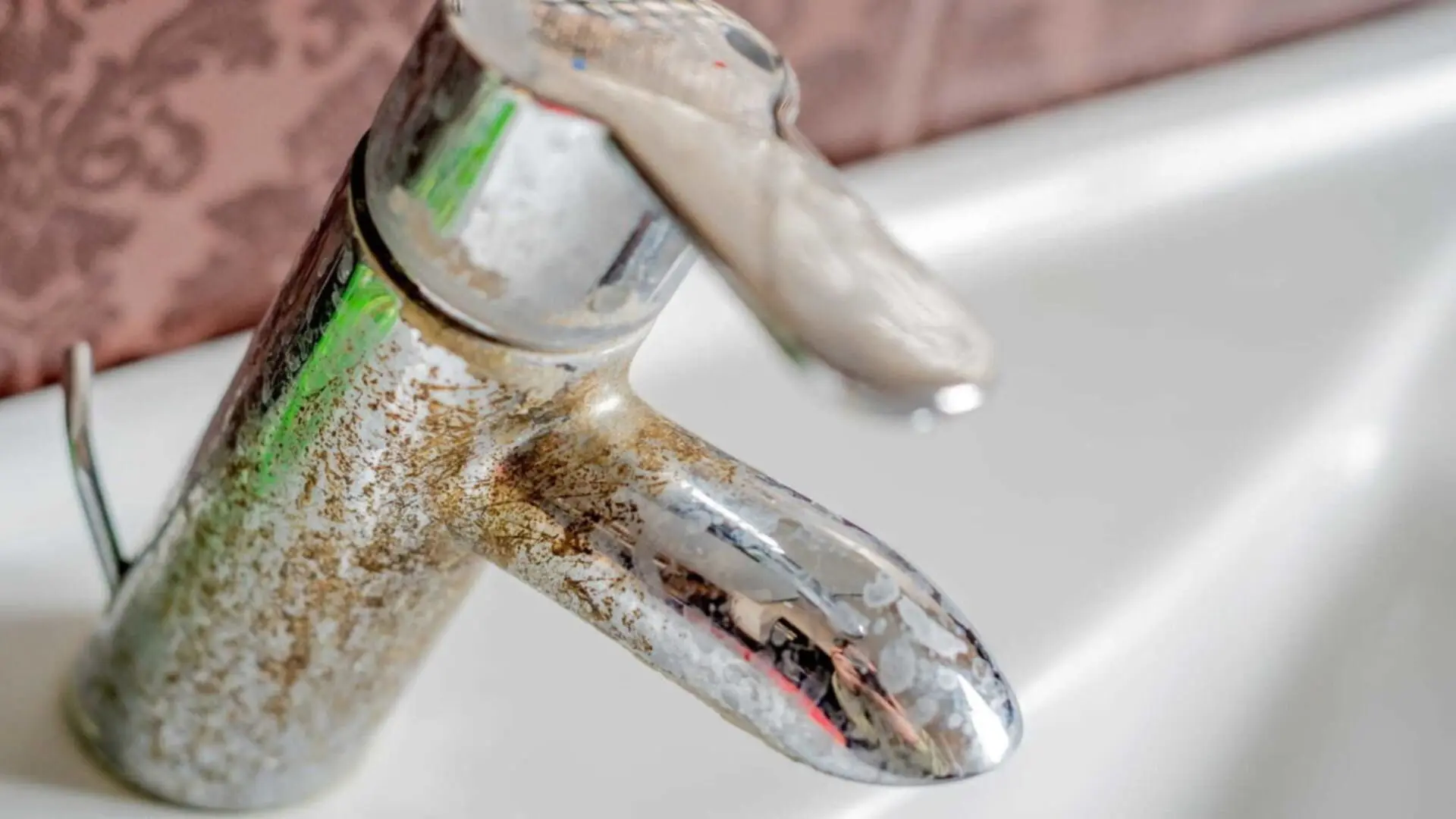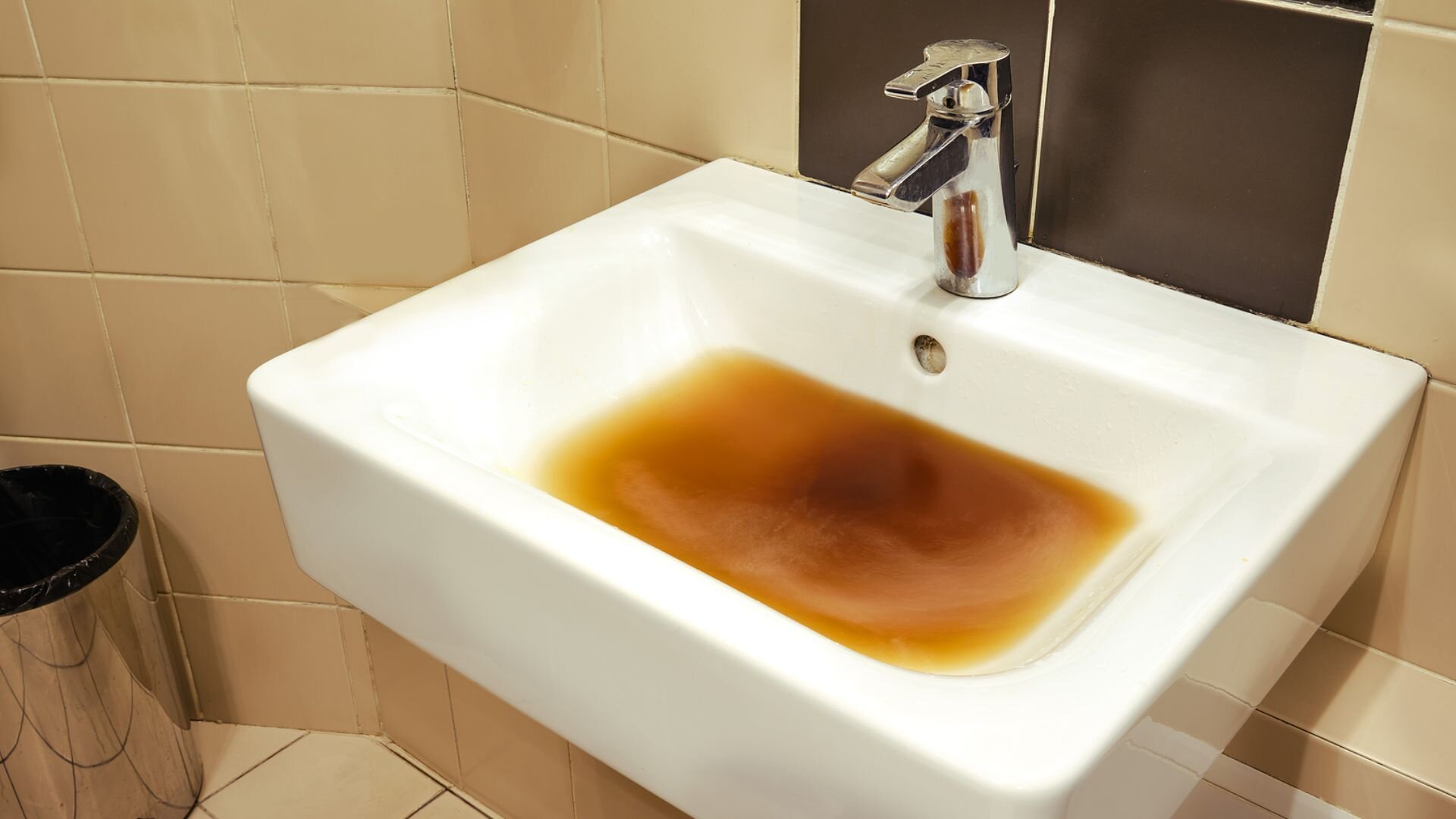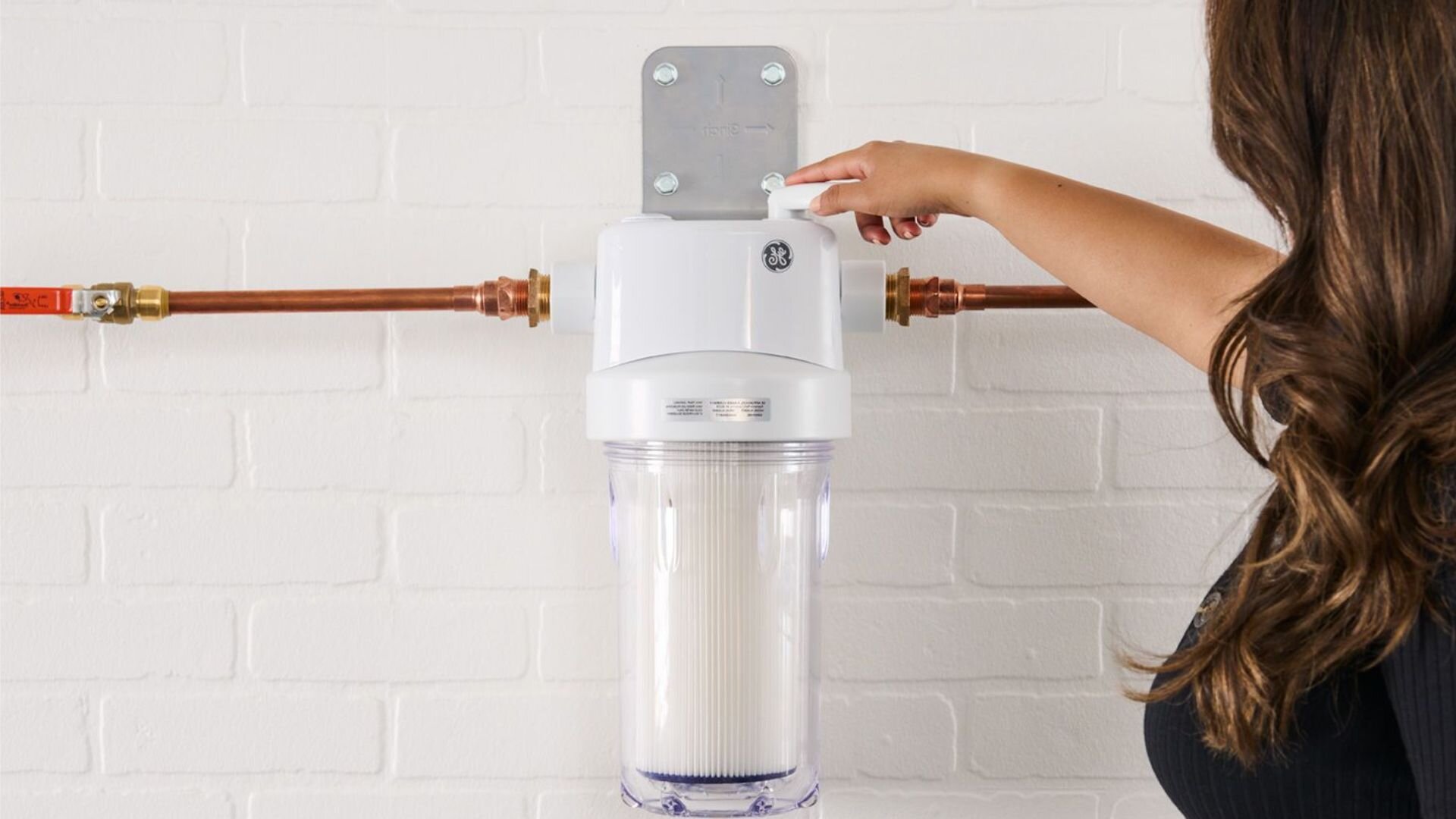Water is vital for everyone, and its quality makes a big difference in our daily activities. When minerals like calcium and magnesium are present in high concentrations, we end up with what’s known as "hard water."
While hard water has pros and cons, one of the major drawbacks is its impact on drain blockages. The high mineral content in hard water can accumulate mineral deposits in pipes and drains, gradually restricting the water flow and ultimately causing blockages.
Moreover, hard water can mess with the efficiency of our plumbing and take a toll on household gadgets that regularly see water. Things like washing machines, dishwashers, and water heaters may not last as long or run as well, thanks to the mineral buildup and soap scum.
Getting a grip on how hard water affects our drains and gadgets is key to sorting it out and keeping things running smoothly. Let’s dive into the nitty-gritty of hard water’s impact on blockages and explore some handy solutions.
What Is Hard Water?
The accumulation of calcium and magnesium minerals in hard water can create troublesome issues within our plumbing systems, especially in drains. As hard water flows through the pipes, it leaves mineral deposits on the interior surfaces, commonly known as limescale. Over time, these deposits gradually build up and adhere to the pipe walls, reducing the diameter of the pipes and restricting the smooth flow of water. This phenomenon is referred to as "scaling," and it is one of the primary reasons for drain blockages caused by hard water.

As scaling gets worse, the once-smooth pipes turn rough with limescale buildup. This ramps up friction for the water, slowing down the flow. That sluggish draining you notice in sinks, tubs, and showers is a sure sign of scaling. If ignored, things could head downhill fast, leading to complete blockages and standing water.
Adopting preventive measures becomes crucial to mitigate the impact of hard water on drain blockages and plumbing systems. Implementing these measures not only ensures a smoother water drainage experience but also helps to extend the longevity and efficiency of household appliances that come into regular contact with hard water.
Signs Of Blocked Drains From Hard Water
Blocked drains caused by hard water can be frustrating and inconvenient for homeowners. Identifying the early signs of drain blockages can help prevent more severe problems and costly repairs. Here are some common signs to watch out for:

Slow Draining
Slow drainage is one of the first indicators of a potential drain blockage due to hard water. If you notice that water takes longer to drain from sinks, bathtubs, or showers, it could be a sign of mineral build-up in the pipes.
Foul Smells
Accumulated limescale and other debris in blocked drains can emit unpleasant odours. These odours may be more noticeable when using water fixtures or near drain openings. If you detect persistent, musty smells, it’s essential to investigate the cause promptly.
Gurgling Noises
When water encounters an obstruction in the drain, it may produce gurgling or bubbling noises as it tries to flow through the restricted passage. Unusual sounds while using water fixtures can indicate a partially blocked drain.
Standing Water
If water remains stagnant in sinks, bathtubs, or showers after use, it could be due to a drain blockage. Standing water indicates poor drainage and creates a breeding ground for bacteria and unpleasant odours.
Backups in Toilets or Other Fixtures
A blocked drain can cause backups in other connected fixtures. For example, flushing a toilet might lead to water backing up into the shower or sink. Such backups suggest a more severe blockage in the plumbing system that requires immediate attention.
Visible Mineral Deposits
If you notice white or chalky residue around drain openings or on faucets and fixtures, it is a clear sign of limescale build-up from hard water. These visible mineral deposits are a warning sign of potential blockages in the drains.
Reduced Water Pressure
The narrowing of the pipes due to limescale accumulation can also reduce water pressure in faucets and showers. If you experience a sudden drop in water pressure, it may be linked to drain blockages caused by hard water.
How Can You Prevent Hard Water Build-Up?
Fortunately, several preventive measures can be adopted to mitigate the impact of hard water on drain blockages:
Water Softeners
Installing a water softener is one of the most effective ways to combat hard water-related issues. These devices remove calcium and magnesium ions from the water, preventing limescale build-up in the drains and plumbing system.

Regular Maintenance
Inspect and clean your drains to remove any early signs of limescale build-up. Flushing the drains with hot water and vinegar can help dissolve small mineral deposits and keep the drains clear.
Mesh Screens
Placing mesh screens over the drain openings can help catch debris and prevent large particles from entering the plumbing system, reducing the chances of blockages.
Avoiding Chemical Drain Cleaners
Chemical drain cleaners might give quick relief from blockages, but they’re likely to make things worse over time. They can corrode your pipes and boost limescale buildup.
Professional Inspections
Enlist the services of a professional plumber for regular inspections. They can identify early signs of limescale build-up and address potential blockage issues before they escalate.
Other Effects Of Hard Water On Plumbing Systems
Hard water can damage plumbing systems, impacting their efficiency and longevity. Aside from causing drain blockages, one significant issue is pipe corrosion, as the mineral-rich water accelerates pipe deterioration, leading to leaks and bursts. This results in frequent repairs and costly replacements for homeowners.

Water heaters are also vulnerable to the effects of hard water. Mineral accumulation creates an insulating layer known as "scaling," which reduces heat transfer and increases energy consumption, resulting in higher bills and reduced efficiency.
Also, hard water leaves unsightly stains on surfaces, giving fixtures a worn-out appearance. It also interferes with soap’s lathering ability, leading to soap scum build-up on bathroom surfaces, requiring more soap for effective cleaning.
Household appliances like washing machines and dishwashers are not spared from the impact of hard water. Limescale build-up can damage internal components, diminishing their efficiency and lifespan.
To tackle these issues, consider using water softeners and descaling agents, and keep up with regular plumbing maintenance. By getting ahead of hard water problems, plumbing systems last longer, run smoother, and help create a healthier environment.
Overcoming The Hard Water Challenge In Plumbing Systems
While hard water is not harmful to human health, it can significantly impact drain blockages. Limescale build-up in plumbing systems can lead to reduced water flow, blockages, and potential damage to the pipes and fixtures.
However, with suitable preventive measures and proper maintenance, we can combat the effects of hard water and ensure the smooth functioning of our drains and plumbing systems. By taking proactive steps, we can extend the longevity of our plumbing infrastructure and enjoy a hassle-free water drainage experience.
Are you experiencing issues with hard water or drain blockages in Sydney? Reach out to our experts at Fixed Today. Whether addressing drainage problems or optimising water pressure, we guarantee your plumbing system will be in excellent condition. Additionally, we offer water filter installations to safeguard your home from the effects of hard water. Don’t hesitate to give us a call today!














